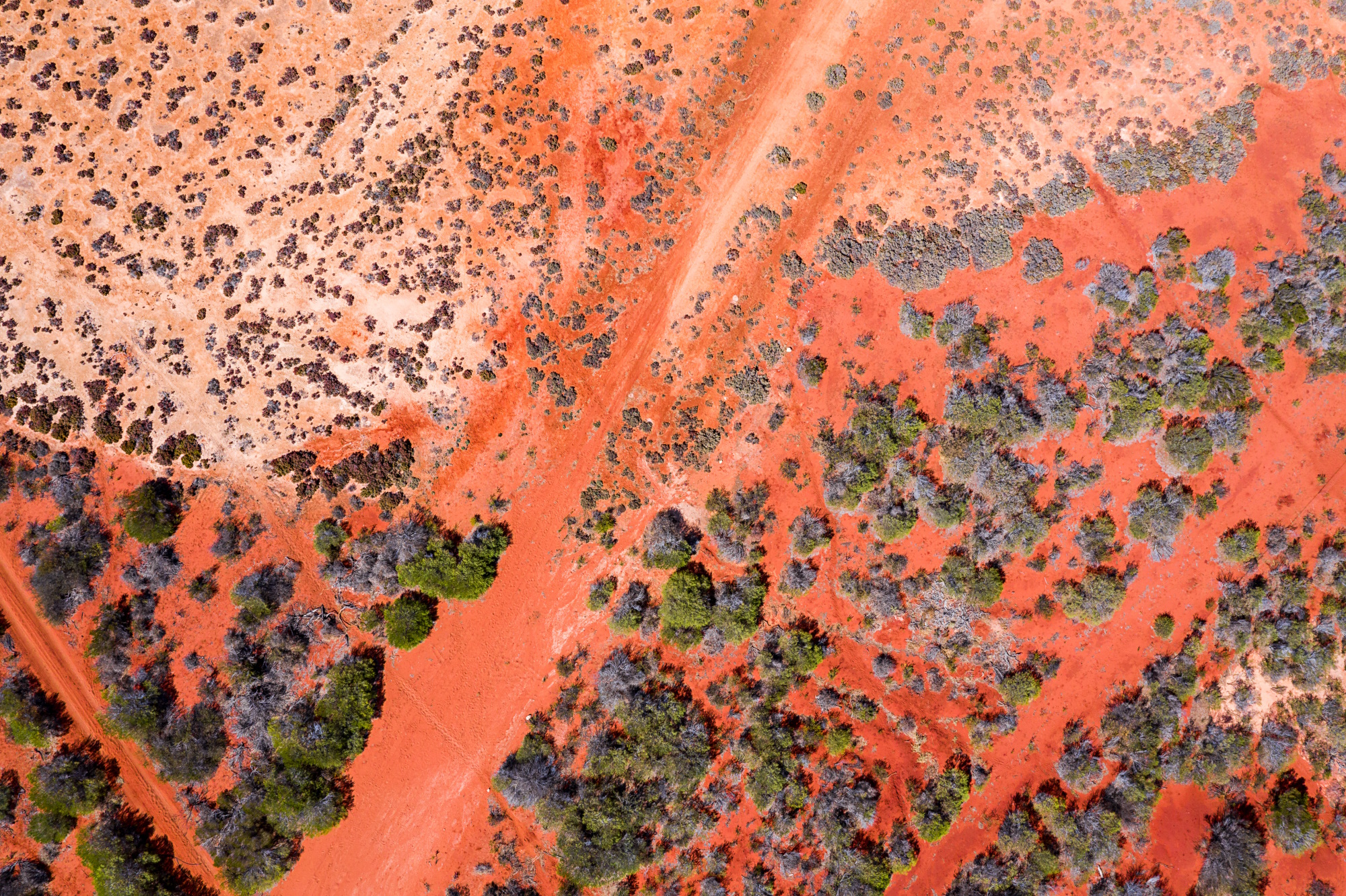
CSIRO Industry PhD Program (iPhD) scholarship
The CSIRO Industry PhD Program (iPhD) is a four-year research training program, focusing on applied research that benefits industry by solving real-world challenges. It aims to produce the next generation of innovation leaders with the skills to work at the interface of research and industry in Australia.
The CSIRO Industry PhD Program (iPhD) is a four-year research training program, focusing on applied research that benefits industry by solving real-world challenges. It aims to produce the next generation of innovation leaders with the skills to work at the interface of research and industry in Australia.
The Program includes:
- Admission to a university PhD program.
- Supervision by the participating university, CSIRO, and an industry partner.
- A 3.5 year scholarship package totalling approximately $47,000 per annum (2025 rate) with the possibility to extend up to 4 years.
- A four year Project Expense and Development package of $13,000 per annum.
- A 60 day Industry Engagement component with the industry partner.
- A structured professional development and training program to develop your applied research skills.
Successful students are subject to the policies, procedures and guidelines of the participating university in addition to the CSIRO Industry PhD Program terms and conditions. Students will receive a standard PhD on completion.
Available projects
Compostable plastics
This Project aims to design and develop compostable plastics. The expected outcome is to produce new materials and compositions from sustainable sources to make plastics. This could benefit Australia to find new ways to make plastics that are sustainable and circular.
Supervisory team
University
Luke Connal
(ANU)
CSIRO
Ranya Simons
(CSIRO Manufacturing)
Industry
Stephanie Alison-Logan
(Sprout materials)
Primary location of student
Australian National University, Canberra, ACT, 0200
Other potential locations
CSIRO Clayton, Research Way, Clayton VIC 3168
Industry engagement component location
Sprout Materials, Stone & Chalk Adelaide Startup Hub, Marnirni-apinthi Building, Lot Fourteen, North Terrace, Adelaide, SA, 5000
Ideal student skillset
- Chemistry, chemical engineering or related degree
- Degree must be a minimum of 4 years with a substantial research project embedded
- Previous industry and polymer chemistry experience is desired
Application Close Date
Open until position filled
Prediction of molecular interactions with RNA using AI for basic research and therapeutic discovery
This Project will develop deep-learning models to predict interactions of ribonucleic acid (RNA) with other molecules. The expected outcomes are to improve prediction capabilities to decode RNA interactions in disease mechanisms, identify novel therapeutic modalities, and improve existing therapies for targeting RNA. This could result in enhanced capacity to design new therapies and potential to optimise RNA targeting molecules for therapeutic applications.
Supervisory team
Primary location of student
The John Curtin School of Medical Research, Australian National University, Acton ACT 2601, Canberra
Other potential locations
CSIRO Black Mountain Science and Innovation Park, Clunies Ross Street, Acton ACT
Industry engagement component location
RNAfold.AI Pty Ltd, RNA Institute at University of New South Wales, 223 Anzac Parade, Kensington NSW 2033
Ideal student skillset
Essential:
- Capacity of critical thinking and logical design of research plans
- Ability to develop new theoretical approaches, implement them into working computer code, and test them with real datasets
- Keen interest in applying new ideas to solve real world problems, and in the translation of academic research into applied and commercial environments.
Desirable:
- A double degree combining experience in Computer Science, Mathematics, Data Science or related subjects with Biology, Biochemistry, Biophysics, or related areas
- Hands-on knowledge of Machine Learning and its underlying mathematical formulations, in particular applied to molecular problems.
Application Close Date
Open until position filled
Eligibility Requirements
The student must:
- Be an Australian citizen or Permanent Resident, or a New Zealand citizen.
- Meet participating university PhD admission requirements.
- Meet university English language requirements.
- Not have previously completed a PhD.
- Be able to commence the Program in the year of the offer.
- Enrol as a full-time PhD student. Part-time arrangements may be considered if approved by the supervisory team and in accordance with university policy.
- Be prepared to be located at the project location(s) that the host university has approved and, if required, comply with the host university’s external enrolment procedures.
- Be prepared to undergo onboarding to CSIRO, which will include passing mandatory government background checks (allow for between 4 to 8 weeks) and complete any other CSIRO requirements.
Application Process
- Applicants are required to submit an expression of interest (EOI).
- The EOI is assessed by the supervisory team and shortlisted applicants are interviewed.
- The supervisory team nominates a preferred applicant.
- The nominated applicant will be instructed to apply.
- The application is then assessed by the host university against PhD admission criteria.
- The university will issue a letter of offer for the program if all conditions have been satisfied.
Further information
General Program information:
- Visit the CSIRO website
- Contact the ANU Graduate Research Office
- Contact the iPhD team
Subscribe to the iPhD newsletter for up-to-date program information and announcements.
Project specific information:
- Contact the nominated supervisors for the project listed above.
